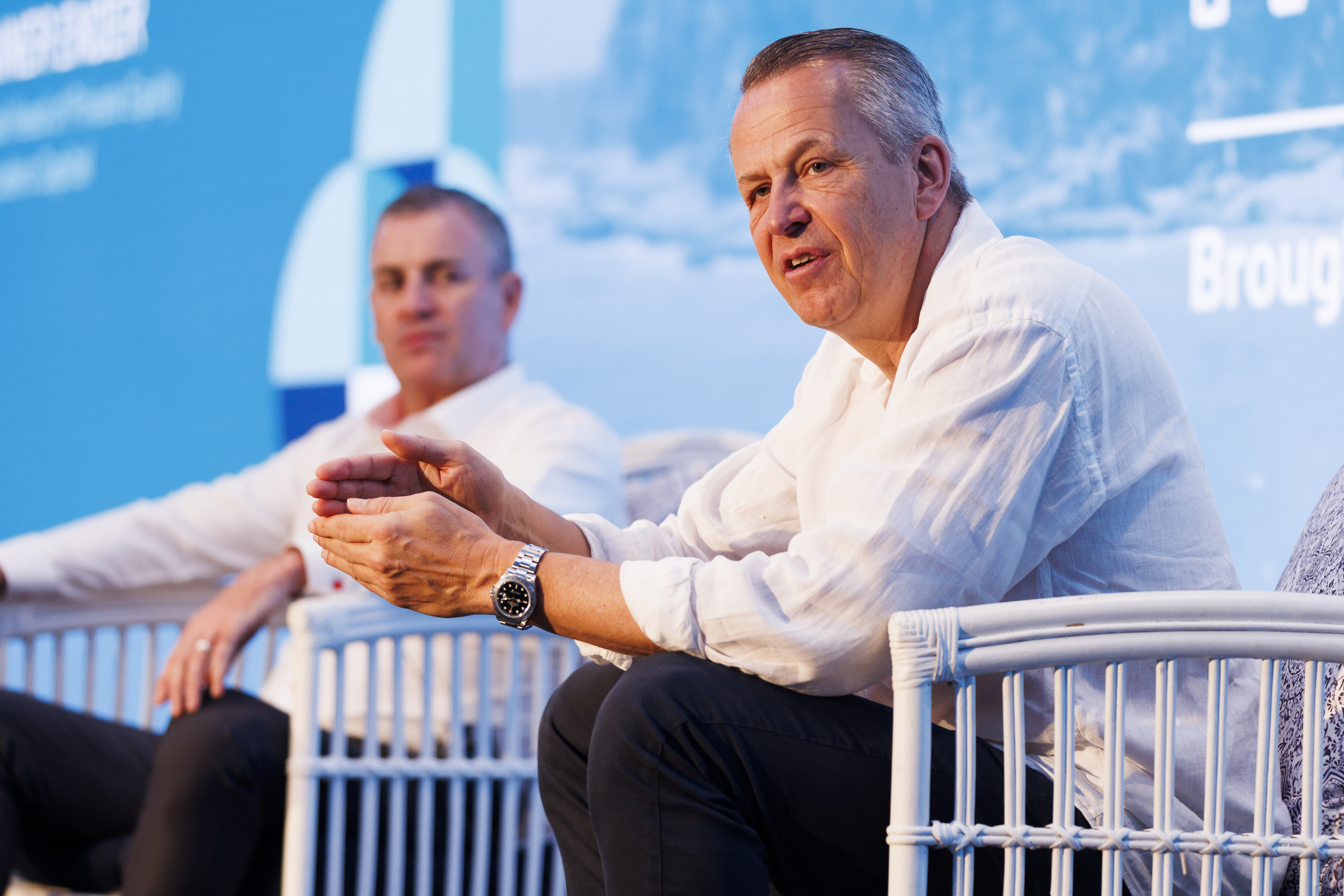How Schroders' private equity fund is unlocking big returns for Australian investors
A Schroders fund is marketing itself to retail investors as a product to diversify away from the ASX or international stock markets to get exposure to the growth of around 100 handpicked small to mid-sized private businesses mainly across the US and Europe.
Speaking at a lunch in Sydney last week, Schroders global head of private equity, Rainer Ender, said the investment team behind the Schroder Specialist Private Equity Fund typically buys private businesses on valuations of $US750 million or less.

Since the Australian fund's inception in March 2020, it has returned a compound 16.9% per year net of fees to December 31, 2024. Its cumulative return in terms of unit value growth since inception is 110.2% net of fees to December 31.
The key to the impressive returns is to buy high-quality, often family run businesses, on good valuations typically no more than eight or nine times EBITDA (operating income), according to Mr Ender.
In theory, this strategy allows the fund's investors to profit as the total value of all the underlying businesses climbs to boost the net asset value (NAV) of the fund.
"Smaller buyouts on lower EBITDA multiples are better, versus larger buyouts that have got more expensive," he said. "It's fair that the large company gets a higher price because it's more robust. But the most appealing thing to do is buy a small company, as you can get [profit] multiple expansion not because of tailwinds in the market, but purely because the company grows larger.
"That's why the smaller end can outperform the larger end of the market, especially if you buy smaller companies with a growth strategy, and you don't want them to have too much leverage."
Strong performance
The discipline to only back private businesses on low profit multiples means investors can also sidestep the risks inherent in frothy sharemarket valuations, where animal spirits and group think commonly see businesses trade on anything from 20 to 200 times EBITDA, Mr Ender suggested.
He added that the strategy to focus on relatively small businesses means there's less competition for deals from other large private equity firms that search for businesses worth more than $US1 billion.
"40% of the fund is less than two years old in investments," Mr Ender said. "So, it's a young portfolio that has the potential to develop further, we have strong business performance metrics, with sales growth [from the underlying businesses] of 13 per cent in the last 12 months."
Risk and trade-offs
One issue to consider for investors is that the fund is less liquid than an investment in shares or an exchange traded fund, which can be sold instantly during trading hours on a stock exchange.
As the Schroders' fund's assets [the underlying businesses] are relatively illiquid the manager lets investors sell units for cash generally every quarter.
This means the manager can manage cash needs on a rolling basis to meet estimated redemptions without being forced to sell assets it does not want to at a discount.
So in general the stronger returns associated with top private equity funds versus share market funds are traded-off for the potential lack of liquidity, which is a key difference between public and private asset classes.
The recommended timeframe to hold units is more than five years and applications are monthly.
The overall strategy has worked so far for the fund's investors, but as Mr Ender emphasised at the lunch, past performance shouldn't be taken as a guide to future returns.

3 topics
1 fund mentioned
.jpg)
.jpg)